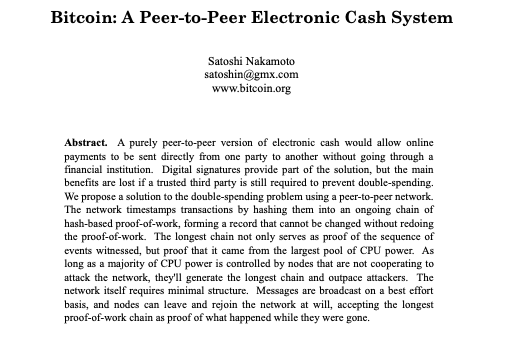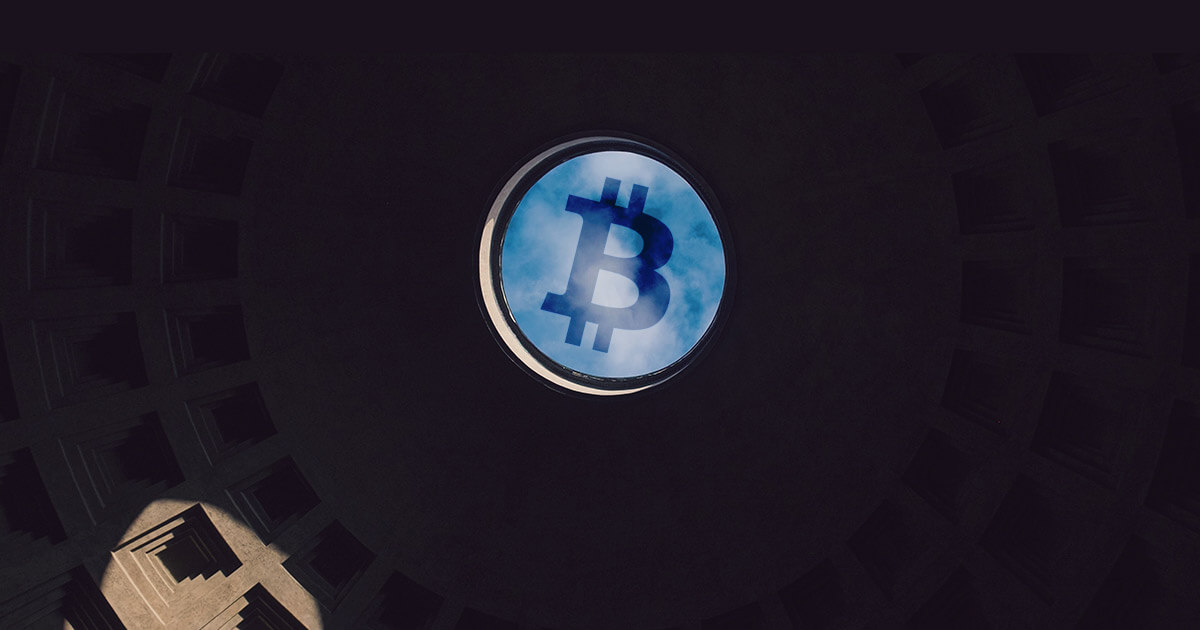Craig Wright still doesn’t want to reveal whether or not he has access to the private keys to his alleged 1.1 million BTC fortune. In an interview with BlockTV, Wright offered his unfiltered thoughts on some of the hottest issues in crypto, including privacy, decentralization, the Kleiman trial, and the true purpose of Bitcoin.
While Wright’s answers might not come as a surprise to his supporters, others might find it hard to believe many of his outlandish claims.
Craig Wright has a different idea of what Bitcoin is about
Many things can be said about Craig Wright, the chief scientist at nChain and the self-proclaimed Satoshi Nakamoto. Boring, however, certainly isn’t one of them.
There are no two days alike when covering one of the most controversial figures in the crypto industry, as Wright just keeps delivering incomparably outlandish content day after day. In an interview with BlockTV, Wright touched on some of the most discussed topics in the crypto industry and offered his unfiltered view of the global industry he claims to have created.
One of the most prevalent questions platforms like BlockTV get when they host Wright is “Why?” Wright himself, though, isn’t too concerned with the efforts to deplatform him.
Wright told BlockTV’s Asher Westropp:
“You have a bunch of morons who have no idea, running around saying censorship resistance is important and then going—but don’t let him talk”
Wright’s opening certainly set the tone for the entire interview. He spared no words when discussing some of the controversies surrounding him, trashing everything and everyone on his way. His first target was Bitcoin Core, the original version of Bitcoin he claims to have created.
Wright refused to call Bitcoin Core a “version” of Bitcoin, saying instead it was a copy of Bitcoin that was made into something “it wasn’t meant to be.” According to him, the biggest problem with Bitcoin Core is the huge amount of importance that was put on its hashrate.
Hash, he explained, is only a small component of what Bitcoin is meant to be and was oversold by companies such as Bitmain. Instead, Bitcoin is about propagating, verifying, and storing transactions, he said, adding that people “have no idea what they’re talking about” when it comes to Bitcoin.
“Bitcoin was about creating a distributed time-stamping service that was incentivized.”
Wright’s words, however, don’t have any backing in reality. The title of Bitcoin’s whitepaper, the very whitepaper Wright claims to have written and has referenced multiple times throughout the interview, proves this is simply not true. Timestamping is introduced only as a means to prove that transactions recorded on the blockchain existed.

“There shouldn’t be anonymity in crypto”
After landing on the topic of cryptocurrencies being used in criminal activity, Wright said more government oversight in the matter is necessary. He noted that there are “hundreds of ways” to register crypto addresses and enable better tracking, adding that he never envisioned Bitcoin as something to be used to bypass regulations.
“Bitcoin is actually designed to work completely within legislative frameworks.”
Wright also believes that bad timing was what made Bitcoin attractive to cipher punks and those looking for a way to bypass regulations. The collapse of eGold has left a lot of people with “negative ties to the system” thinking that Bitcoin could be more anonymous and used to facilitate transactions in dark web marketplaces such as Silk Road.
The privacy he claims to have envisioned for Bitcoin often gets conflated with anonymity, he explained:
“Being outside of the financial system is not equal to being anonymous.”
What he claims he had in mind for the world’s first decentralized currency was “traceable pseudonymity.” All of the efforts that have been put into and are currently being put into Bitcoin Core, the original and dominant version of Bitcoin, are trying to make that disappear, he said.
When asked whether his vision for the crypto industry leaves any space for privacy coins, his answer was a cold hard no.
Wright believes that there is no such thing as a privacy coin, as most of the cryptocurrencies claiming to be that aren’t “actually” seeking to be private. What they want, he said, is to avoid keeping records and ensure the anonymity of its users.
Wright: Kleiman is a fraud, BSV pump was orchestrated, doxxing is okay, and other controversial thoughts
As the interview went on, Wright found it increasingly hard to keep his composure. While he’s certainly not known for his diplomatic approach, the nChain scientist went off the rails when the subject of his trial with Ira Kleiman was raised.
The overly defensive Wright asserted that it wasn’t him that was trying to prove his ownership of the alleged 1.1 million BTC, but Ira Kleiman. He called him a “conman” that was trying to falsely prove a partnership in order to claim the money he never owned. The partnership with Dave Kleiman, Wright asserted, never existed.
However, numerous court documents, many even filed by Wright’s own legal team, prove otherwise. Numerous mentions of Dave Kleiman have been found in Wright’s filings, as was an abundance of email and other correspondence with Kleiman.
Wright’s trial over the ownership of over 1 million BTC has seen a massive turn when the date the notorious “bonded courier” was supposed to arrive has come and gone. After trying hard to steer the conversation in another direction, Wright was bluntly asked whether or not he had the private keys to the addresses where the alleged Bitcoin fortune was held.
Wright’s answer, though, was equally as blunt:
“None of your goddamn business,” he snapped and proceeded to ask the host—”What credit card did you pay that hooker with?”
The host’s initial shock didn’t last long, as Wright went on to explain that asking that question was “just as rude” as him being asked about his private keys. In his words, this was nothing more than a shameless attempt to infringe on his financial privacy.
Despite his trial with Kleiman having the potential to disrupt the entire crypto industry, Wright believes its proceedings are not in the public domain nor are they something that should ever be discussed. He called the crypto media a “bunch of rude assholes” whose main goal seems to be to ask how much money he had. A later attempt to ask him more about the private keys resulted in an even more aggressive “Screw you” directed to the host.
BlockTV’s Asher Westropp wasn’t the only person that found himself at the receiving end of Wright’s insults.
Hodlonaut, a prominent but anonymous Twitter account Wright sued for defamation, was called an “asshole.” According to Wright, the bounty on Hodlonaut’s identity that ultimately led to him being doxxed was “appropriate” as defamation isn’t part of freedom of speech.
Wright’s defamation lawsuit against Hodlonaut has been dismissed by the U.K. High Court due to a lack of jurisdiction.
His attacks on anonymity sparked Westropp to ask him about his own attempts to remain anonymous. If Wright truly was Satoshi Nakamoto, why did he hide his identity from the world until 2017?
Unsurprisingly, though, Wright dismissed this question on a technicality.
“Satoshi Nakamoto isn’t anonymous—it’s pseudonymous”. “You’re assuming no one knew who I was.”
While he didn’t shy away from talking about his anonymity, Wright was much more reserved when asked about BSV and the parabolic pump it saw in January. The Bitcoin offshoot saw a massive rally which pumped its price by over 100 percent in less than a week. And while the pump was followed by a slight pullback, the significant upward momentum didn’t go unnoticed by the market.
“I know what and who is behind it,” Wright said. However, he noted that none of that was “public information” and he wasn’t going to share the information he had. The only thing he revealed was that while there was “some” interest in the market, the pump certainly wasn’t organic.
The intense and often uncomfortable interview certainly didn’t do Wright any favors. If his discourteous attitude wasn’t enough to put people off, then his ill-advised and thoughtless bashing of everything that’s not related to BSV certainly did the trick.
















